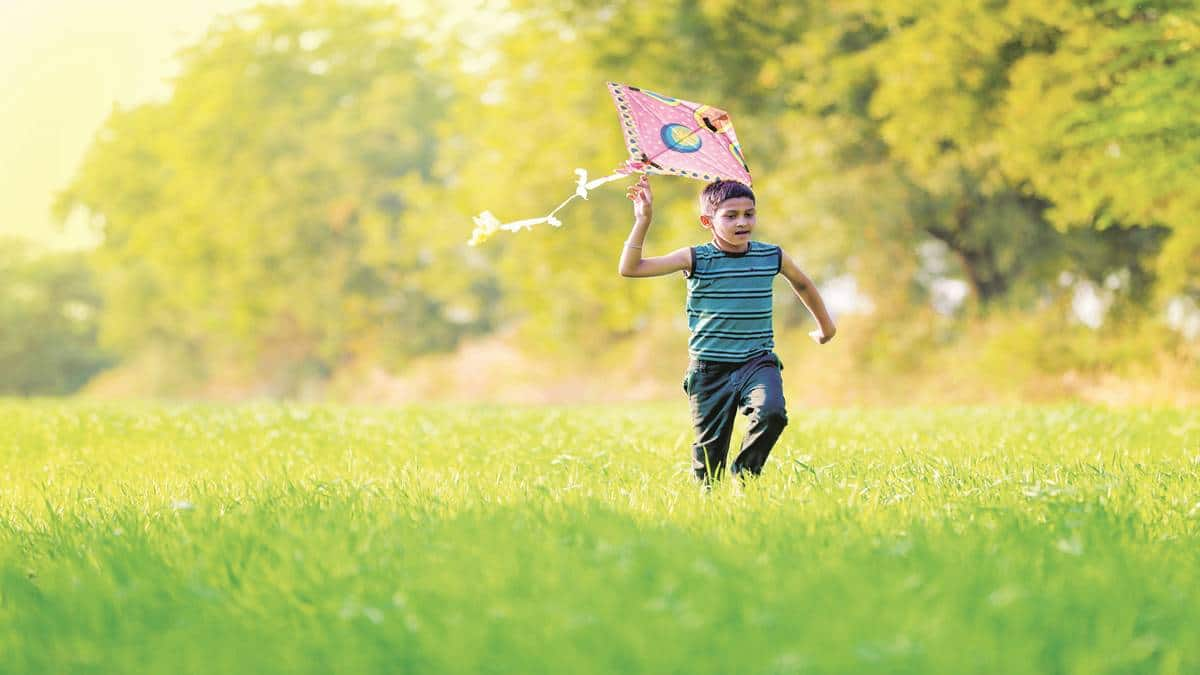Pune-based real estate developer Paranjape Schemes has launched a first-of-its-kind dedicated residential real estate project conceived, designed and developed for children with special needs and their families.
Shashank Paranjape, MD, Paranjape Schemes, said children with autism spectrum disorder, intellectual disabilities, cerebral palsy and Down syndrome face several challenges in daily life. Their parent community has been reaching out to the company, urging them to replicate the senior living and assisted living concept for creating such homes. “There are some projects that go beyond brick and mortar and come with all heart and soul, and this is one of those projects,” Paranjape said. There are 18 million people in India suffering from autism, which is the third most common development disorder and every city in the country needs such a project, Paranjape added.
What will be different is the shared facilities with a support centre with all kinds of facilities for therapy, intervention centres, day-care, vocational training, indoor and outdoor recreation centres, sensory gardens and pools that special kids need, all under one roof.
Paranjape said they worked closely with the parent community, right from the concept, design, development and promotion of the project. The parents will play a key role in the management and operations of the homes and ensure that they serve the specific needs of their children.
The company has also joined hands with members of Forum for Autism and Saad, a charitable trust, to form an association named Tarangan, which will look after the management and operations of Swaniketan. Paranjape said around 70 parents pre-booked homes even before they formally opened bookings. At all times, homes in the project will be sold to families with differently-abled child or adult.
If parents pass away, the home will be sold and the proceeds put in a trust created in the child’s name. This will take care of the child’s living, medical and caretaker costs during the child’s lifetime. Children can move to a hostel that is part of the project and within the same campus when their parents are no longer with them.
There have been other attempts to create inclusive housing in this segment.
Chennai-based developer, Akshaya, and NGO Special Child Assistance Network (SCAN) and Vidya Sagar, which work on issues related to disability and advocate for rights for persons with disabilities, have joined hands for this initiative.
This is part of Akshaya Today, a 21-acre mini-township at Kelambakkam. The homes to be managed by SCAN and Vidya Sagar will have co-living facilities for adults with special needs, a therapy centre, a vocational centre and supported employment options within the campus.
In Delhi NCR, the Action For Autism (AFA) has set up Ananda for persons with autism spectrum conditions and developmental disabilities. AFA’s Ananda is a group home that offers long-term support when parents age or pass away and respite services for families who require a short stay for their children during times of medical situations in the family, travel or just to give adults a break from their families. Instead of leading devalued lives in soulless institutions or ending up on the streets, at Ananda, they live around a community with a family-like environment with training support and vocational activities.
Coimbatore-based CovaiCare has homes for people with special needs located within their retirement community. They were the first to come up with the inclusive living model whereby people with disability (autism, Down syndrome and cerebral palsy) could live with their parents. On the demise of the parents, the CovaiCare Trust takes care of them and helps them live comfortably.
Anita Iyer Narayan, diversity, inclusion and accessibility consultant and managing trustee of Ekansh, a non-profit organisation based in Pune working towards the inclusion and empowerment of persons with disabilities, said more such homes were needed for adults with intellectual and physical challenges. “We receive several calls asking if there was some place for them. While moneyed people have a place to go, middle-class and poorer people struggle to find a secure decent home for their own,” Iyer said.




